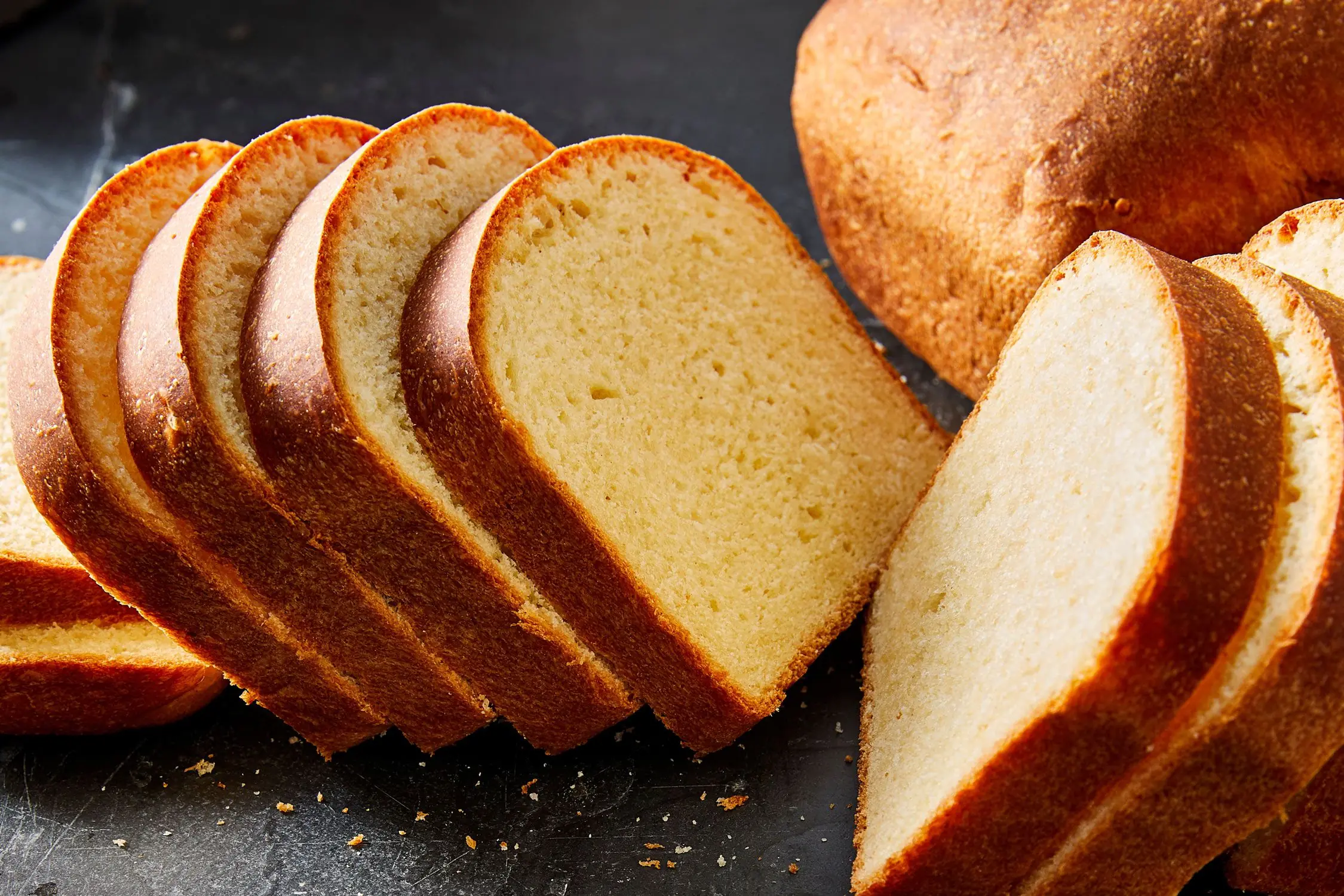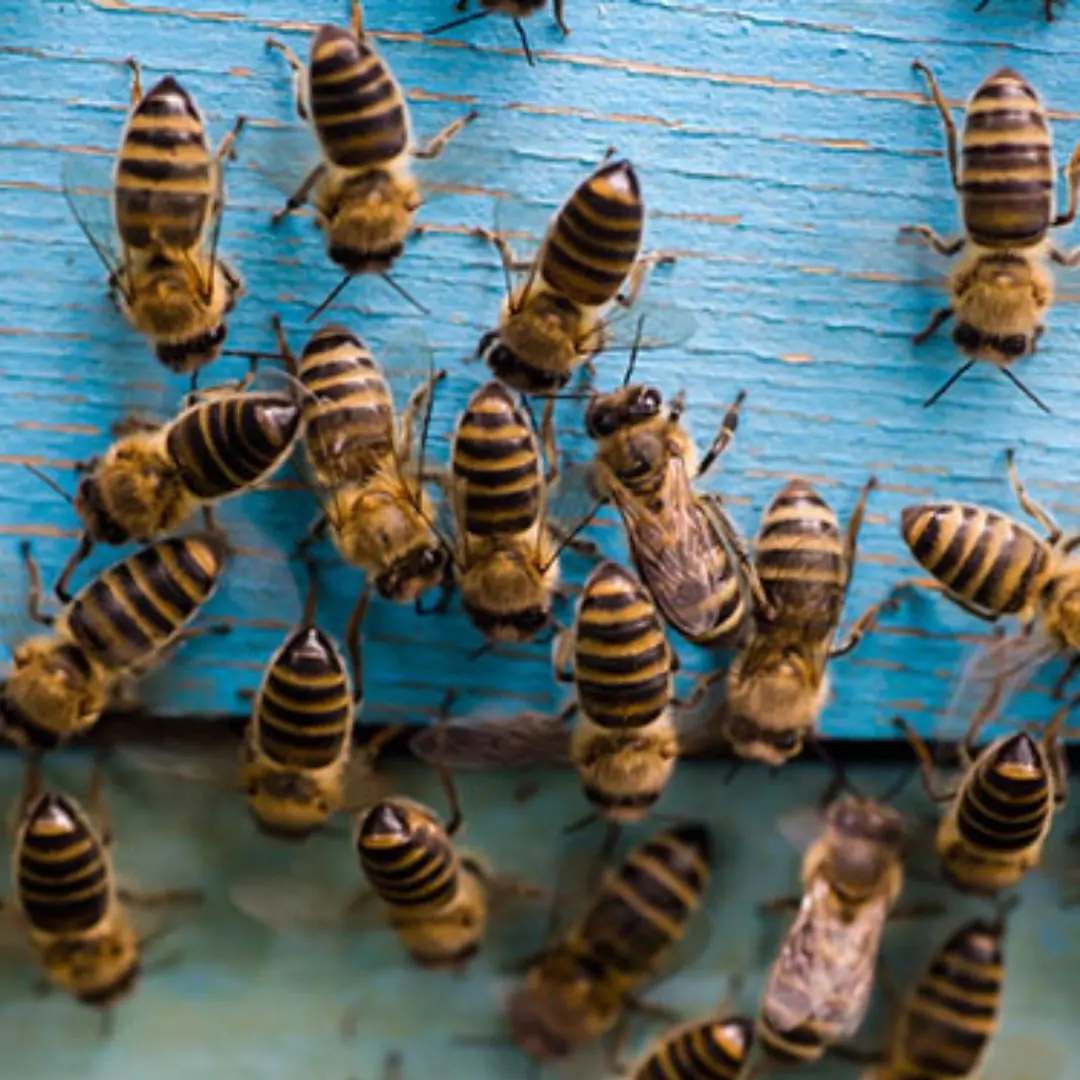
Cooking Rice with Hot or Cold Water?
Cooking Rice with Hot or Cold Water? The Answer May Surprise You!
When it comes to whether you should cook rice with hot or cold water, many chefs and nutrition experts say the answer depends on the type of rice and the cooking method you use.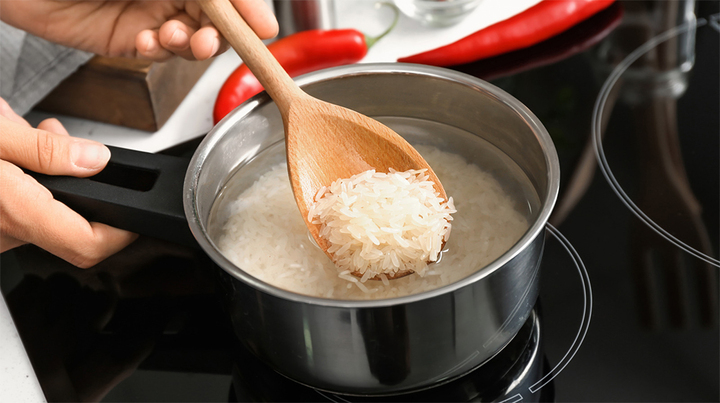
Cooking rice may seem simple, but it actually requires several tricks to produce a delicious pot of rice—soft, fragrant, neither mushy nor dry. One common question among homemakers and modern cooks is: Should you cook rice with hot or cold water?
Though it may seem trivial, this choice significantly affects the rice’s texture, flavor, and even its nutritional value.
Why Most People Use Cold Water
In Vietnam, most people cook rice using cold water—a traditional method passed down through generations. After rinsing the rice, they add a specific amount of cold water and cook it using an electric rice cooker or on a stovetop.
This method is simple, requires no extra steps like boiling water, and works well with standard electric cookers.
However, some seasoned home cooks prefer hot water—especially when time is short or when cooking special types of rice that require preserving their natural fragrance and texture.
Pros and Cons of Cooking Rice with Cold Water
Pros:
-
Convenience: Cold water is readily available from the tap; no need to heat water beforehand.
-
Safer to handle: No risk of burns during preparation.
-
Compatible with electric cookers: Most modern rice cookers are designed to gradually increase heat, working best with cold water.
Cons:
-
Takes longer: The water must first reach a boiling point, which prolongs cooking time.
-
Texture risk: For some rice types, prolonged exposure to cold water heating may break down the grain’s structure, resulting in mushy or overly soft rice.
Pros and Cons of Cooking Rice with Hot Water
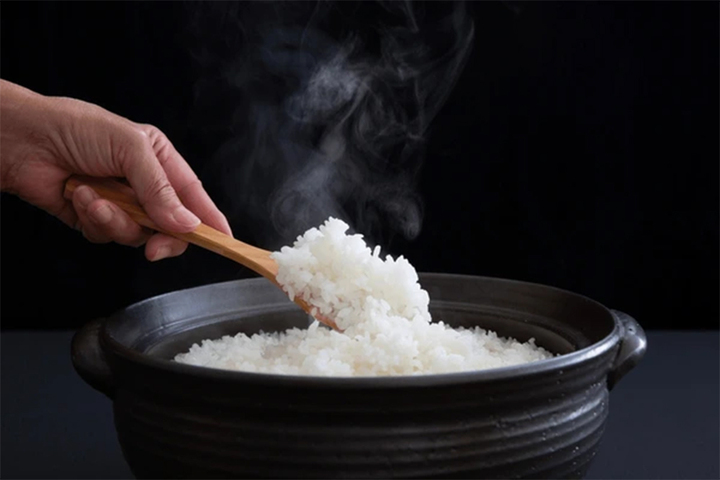
Pros:
-
Saves time: Since the water is already hot, the rice cooks faster.
-
Better flavor retention: Hot water allows rice to absorb moisture quickly and evenly, helping it cook through without becoming hard or overcooked.
-
Ideal for premium rice types: Fragrant varieties like ST25, jasmine, or sticky rice retain their natural aroma and texture better when cooked with hot water.
Cons:
-
Risk of burns: Handling boiling or hot water requires extra care.
-
Not suitable for all rice cookers: Some automatic cookers may misread the cooking time and switch to “warm” mode too early, leaving the rice undercooked.
So Which Is Better—Hot or Cold Water?
According to chefs and nutritionists, whether to use hot or cold water depends on the rice type and your cooking tools. For standard white rice, both methods can produce good results as long as the water-to-rice ratio is right.
However, for special types like brown rice, sticky rice, or fragrant rice, hot water usually delivers better results.
Some cooks even combine both methods: after rinsing, soak the rice in cold water for 15 minutes, drain it, then add hot water for cooking. This saves time while keeping the rice flavorful and well-cooked.
If you’d like to try using hot water, use boiling water or water around 70–90°C. Add it after thoroughly rinsing and draining the rice. Monitor the process closely to prevent the cooker from switching to “warm” mode too early.
On the other hand, if you stick with cold water, make sure to use the right water-to-rice ratio—typically 1:1.2 to 1:1.5 depending on the rice type. You can also soak the rice beforehand to make it softer and speed up the cooking time.
News in the same category


The Unpleasant Truth: 5 Familiar Items That You Think Are Clean But Are NOT, The Dirtiest Is Number 4 That Everyone Uses

Thy.roid Can.cer Is a Silent Threat: 6 Groups of People Are at Higher Risk and Must Be Cautious
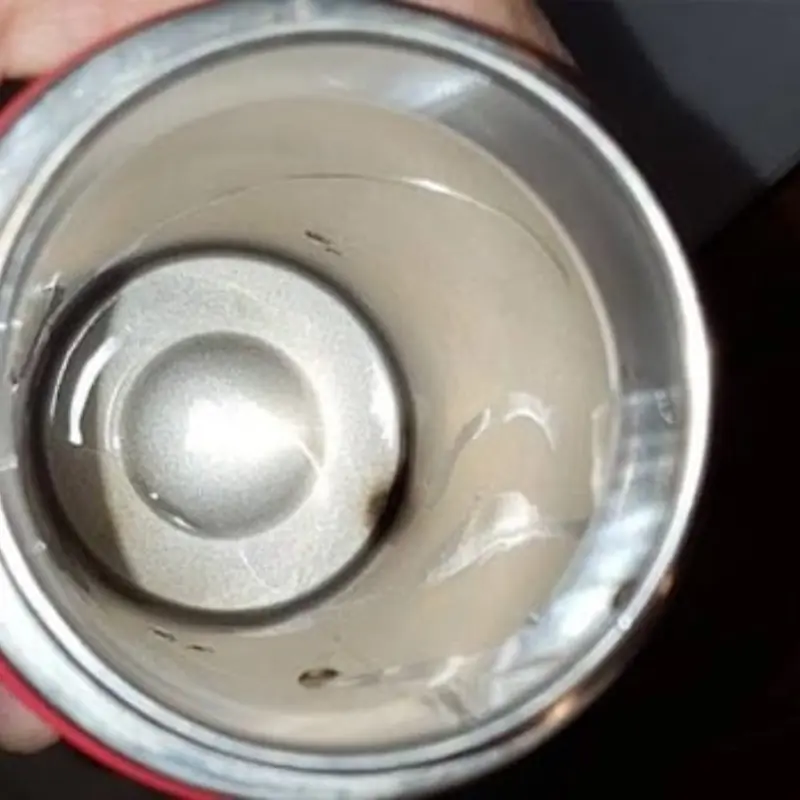
Warning: The Cup Many People Use to Drink Water Every Day Is No Different from “Drinking Poison”
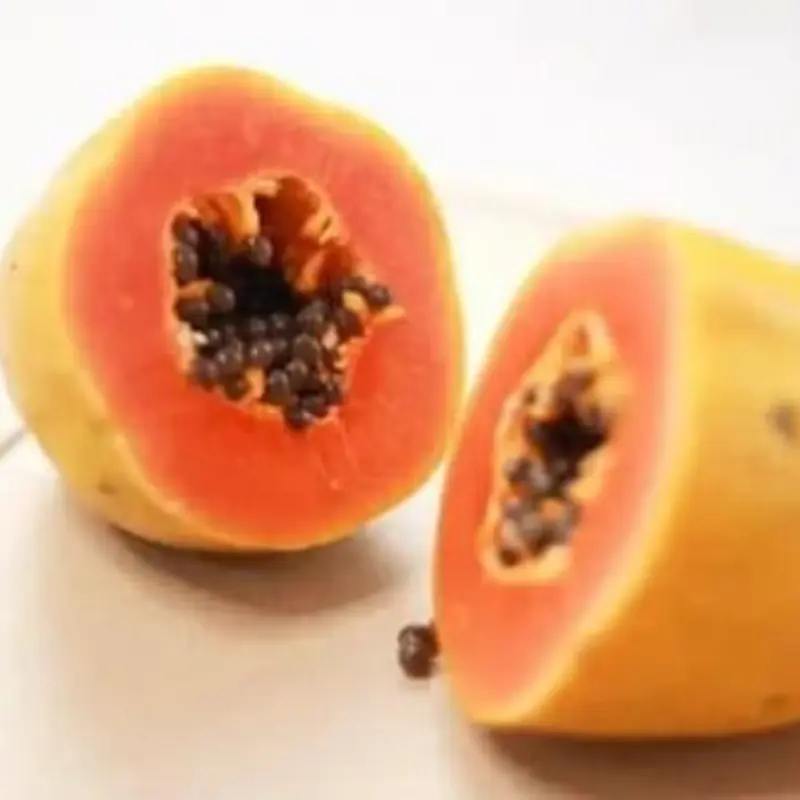
Eat These 5 Foods to Cleanse and Detox Effectively Every Day

5 earliest signs of cer.vical can.cer: 90% of women tend to ignore them
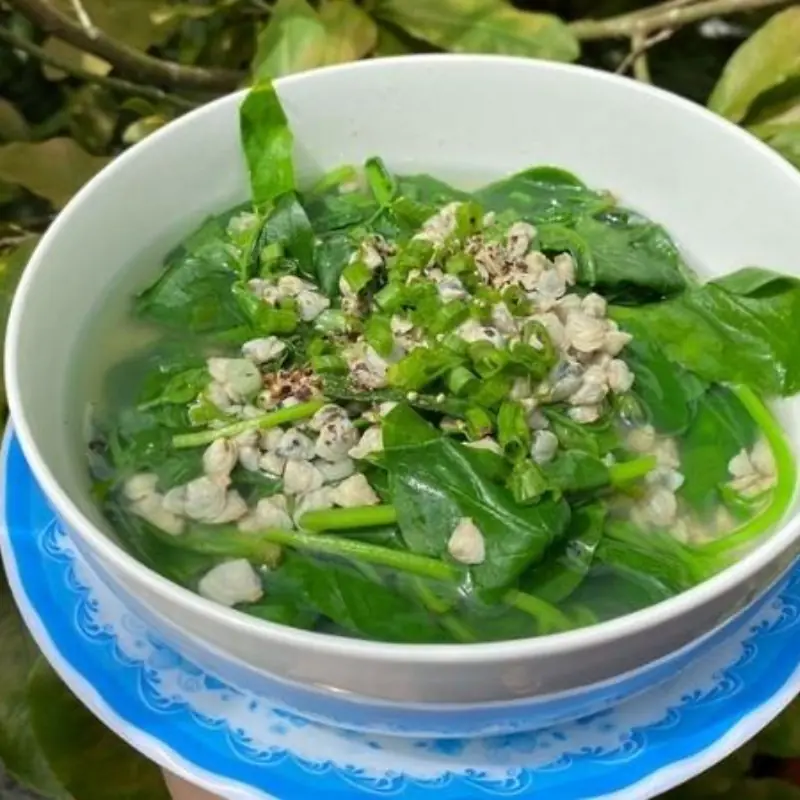
3 Calcium-Rich Vegetables That Are Almost Pesticide-Free

Why do 99% of cats sleep on their left side?
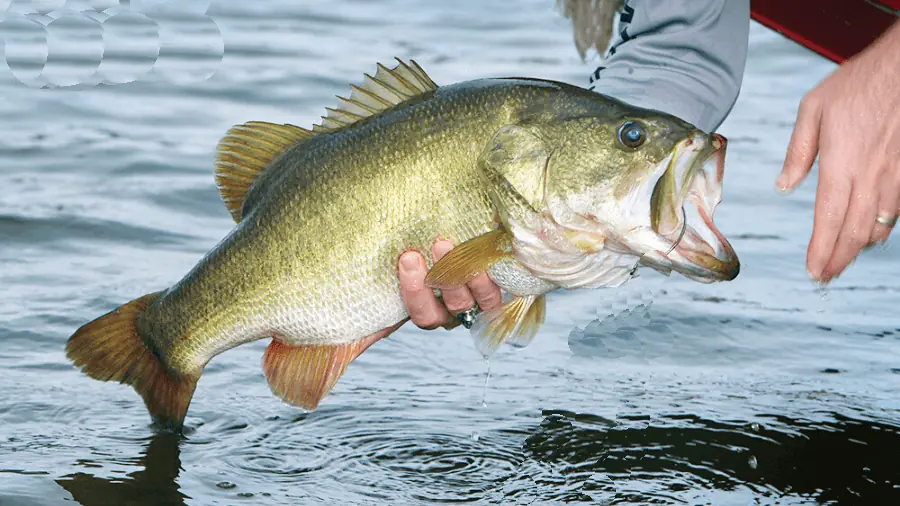
Sweet fish with few bones, better than salmon, delicious like rare fish: Whenever you see it at the market, you have to buy it immediately
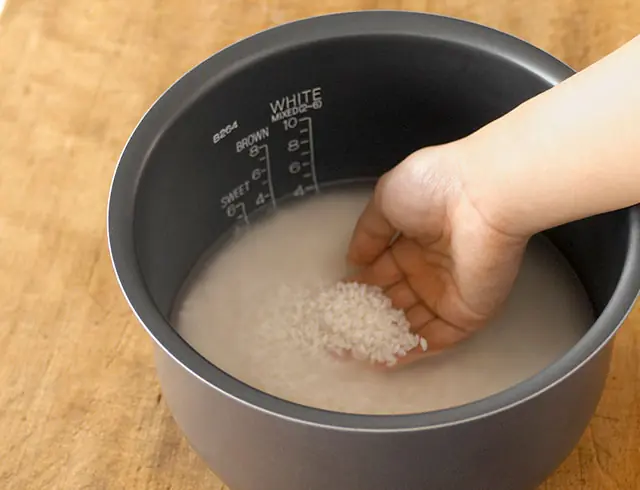
3 mistakes when washing rice that many people make because of "convenience" that poi.son the whole family
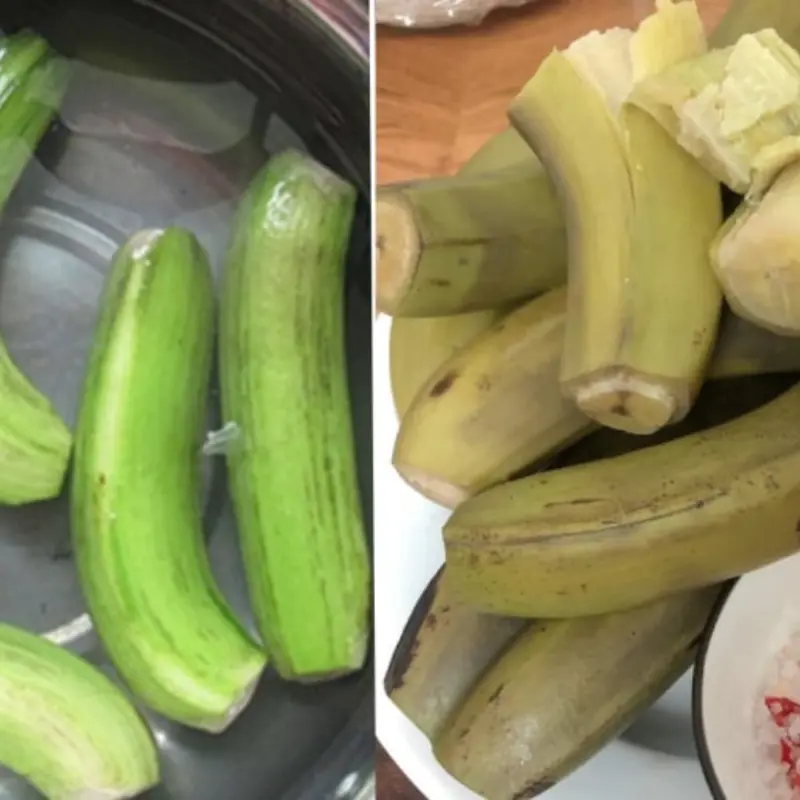
Eating Boiled Green Bananas Regularly Offers 6 Amazing Benefits
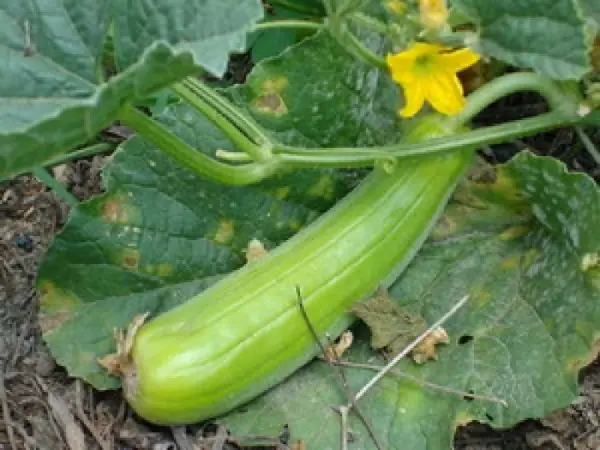
4 types of "pesticide-free" fruits and vegetables that are as nutritious as ginseng
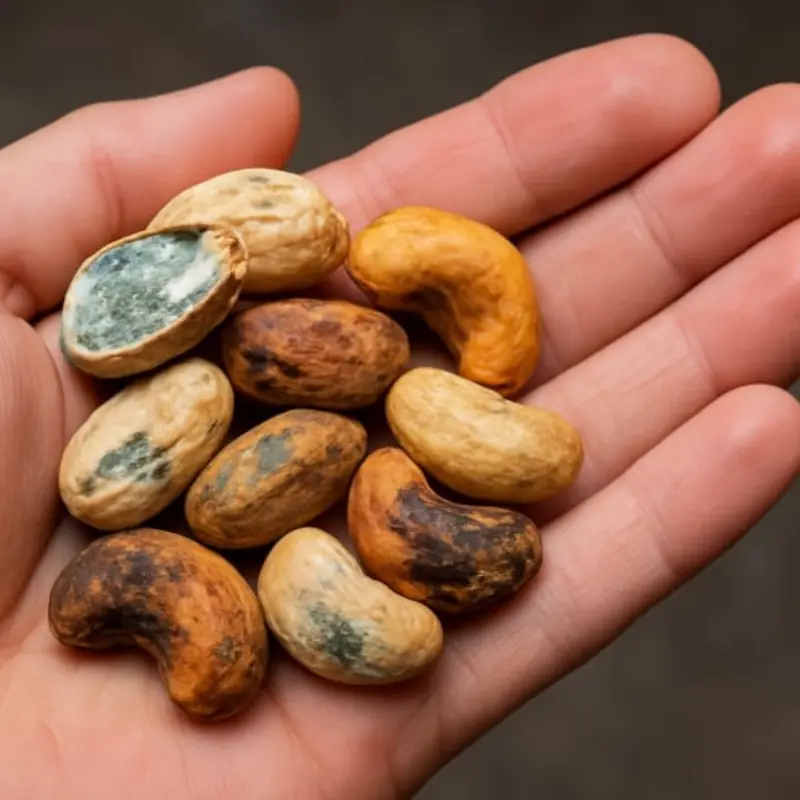
4 Types of Nuts That Seem Healthy but Are Actually Toxic

4 types of vegetables are full of parasites but many people still eat them raw every day
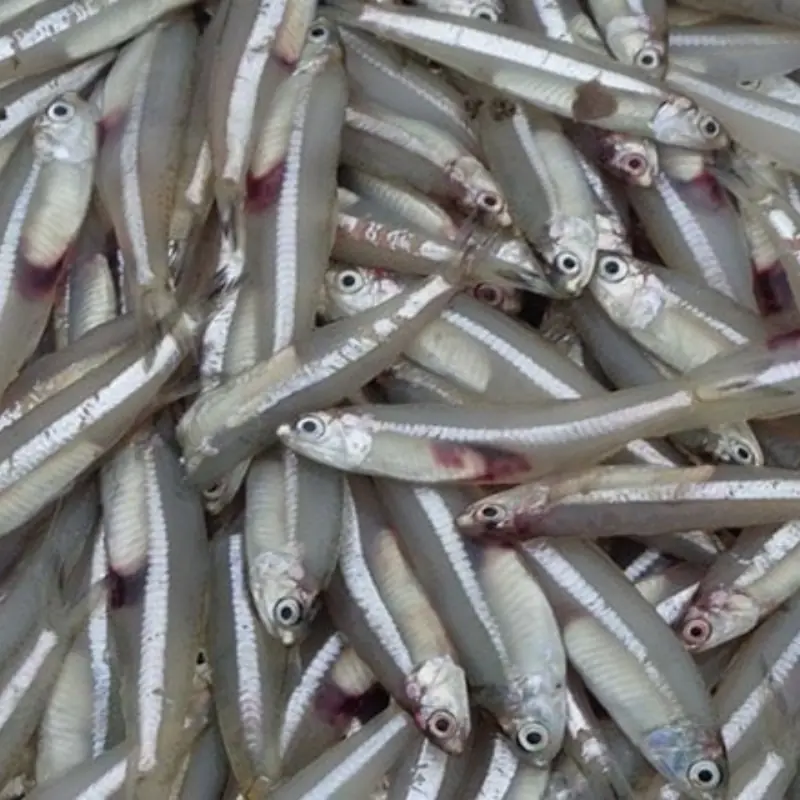
If You See These 7 Types of Fish at the Market, Buy Them Immediately
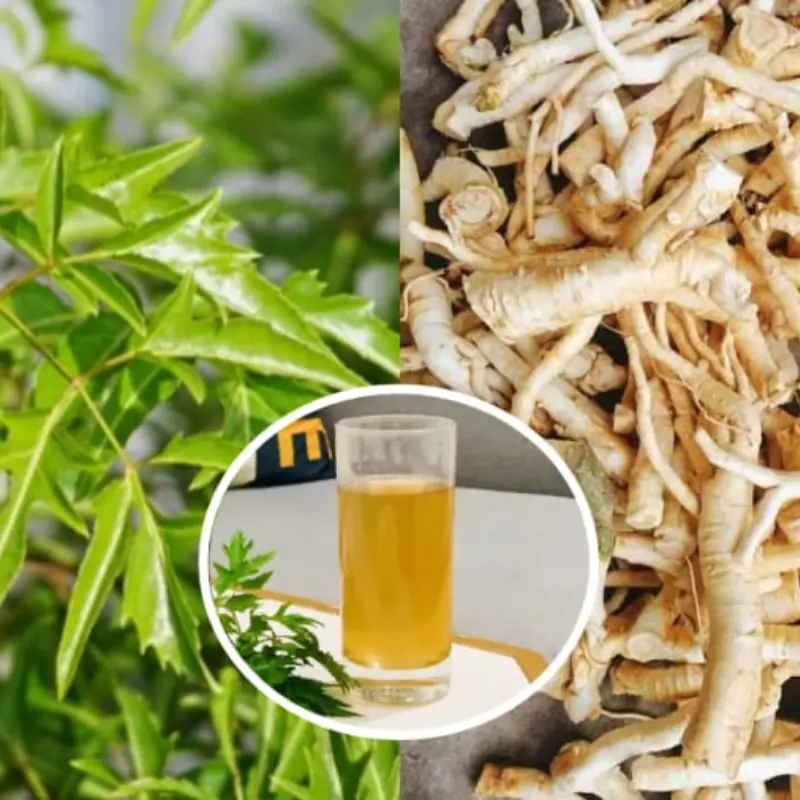
The Benefits of Polyscias Root Water: 3 Groups of People Should Avoid It

The More You Eat These 5 Types of Food, the More Hair You Lose
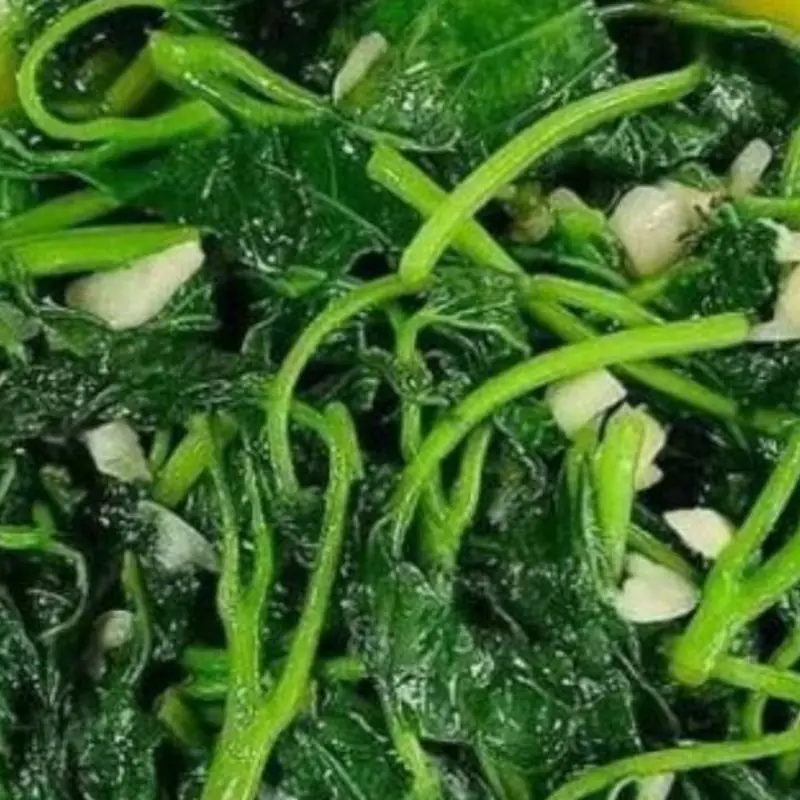
The 'Golden' Food That Effectively Fights Can.cer
News Post
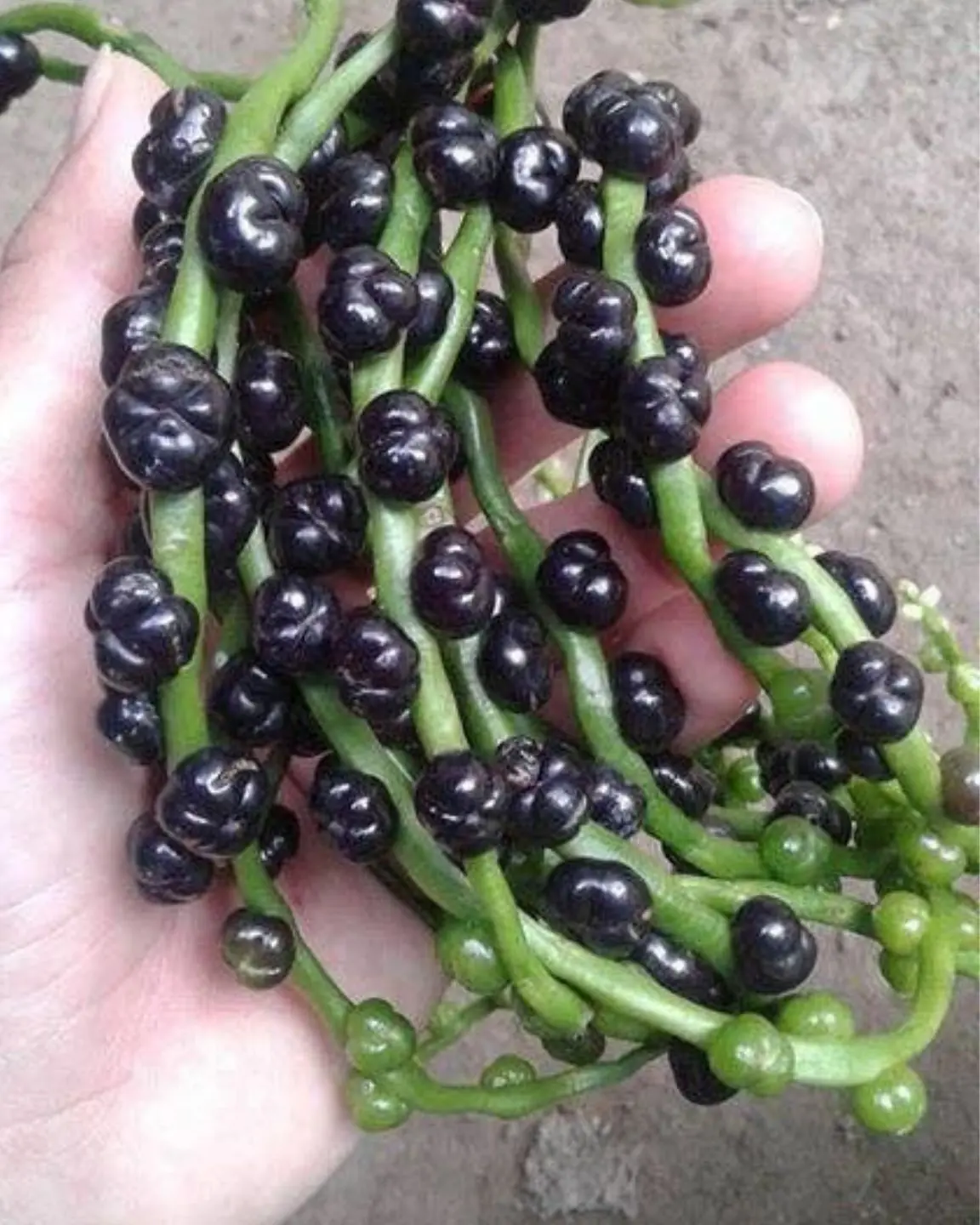
Only 1% of people guess correctly this fruit associated with childhood – are you one of them?
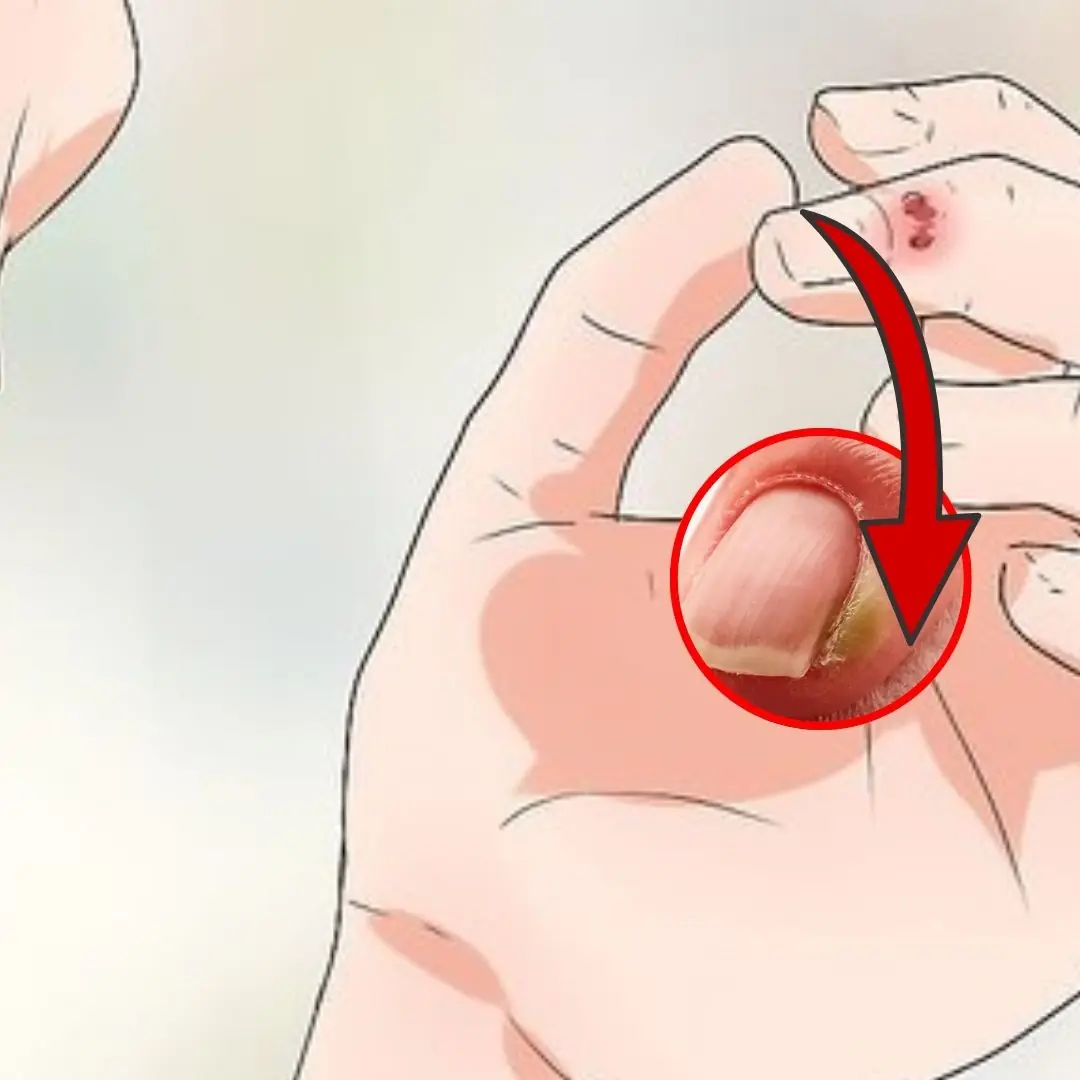
Suffering from Canker Sores? Here Are 3 Powerful Home Treatments You Should Try

Is Your Home a Hidden Hive? 5 Signs of a Bee Infestation

7 Mistakes You Should NEVER Make During Hotel Checkout

10 Smart Things Every Traveler MUST Do When Checking Into a Hotel Room

Should we cover the air conditioner condenser when it is sunny or rainy? Electricians warn against mistakes many people make

Does turning on an electric fan all day and night consume more electricity than turning on the air conditioner?

When Fat Invades and Des.troys the Liv.er, the Body Swells in 5 Areas
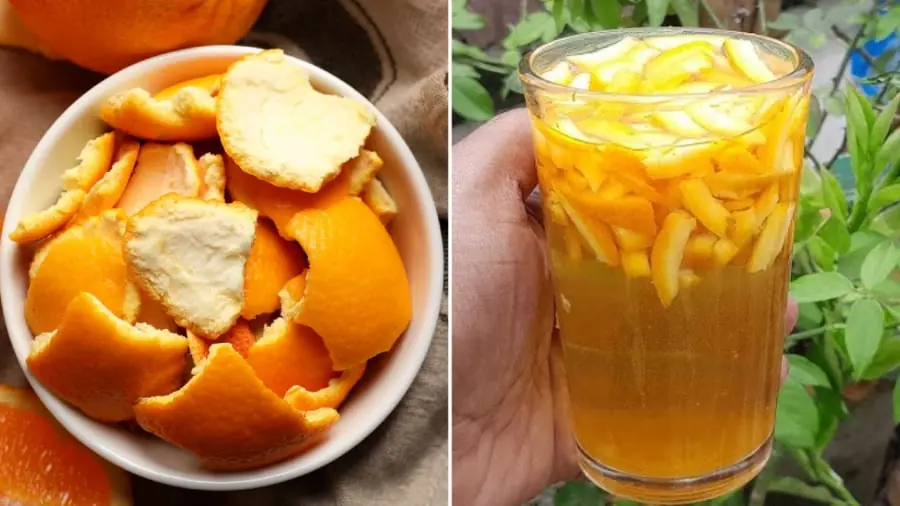
Orange Peels Have 3 Surprising Uses

3 Ways to Kill Spiders and Spider Webs in Your Home
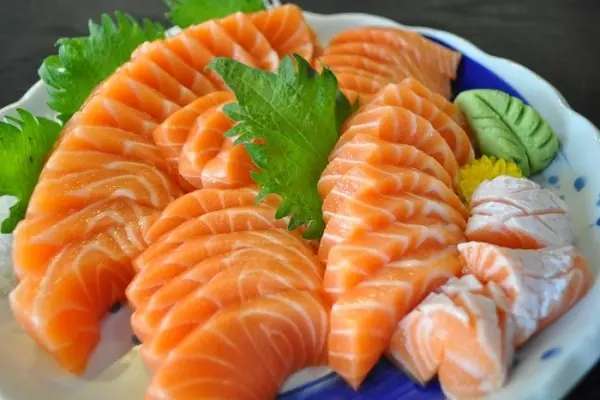
3 “Golden” Foods That Help Women During Menopause

4 Clear Warning Signs of Stro.ke
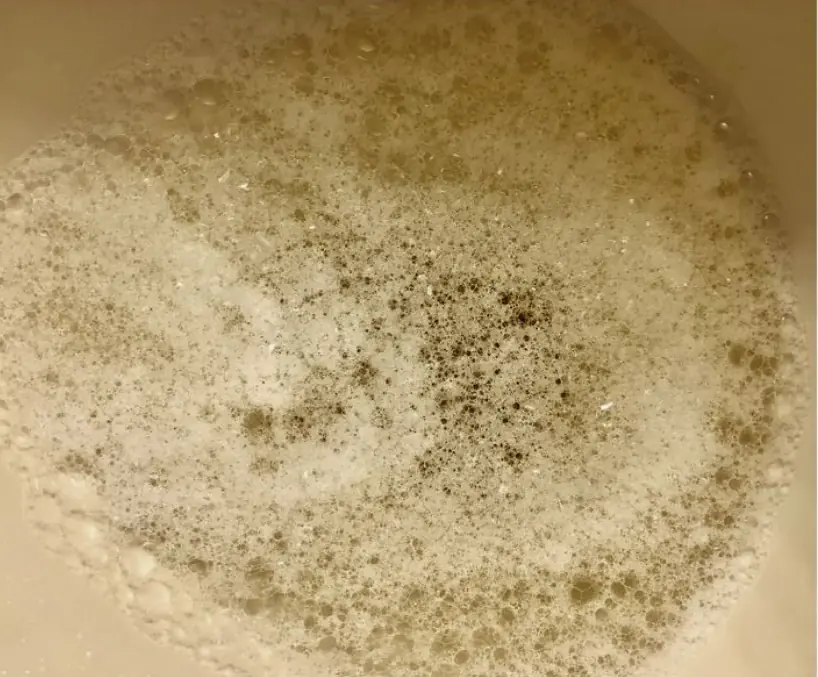
6 Bodily Changes That Are “SOS Signals” From Your Kid.neys Before Can.cer

Does Using Strong Fan Mode on the Air Conditioner Consume More Electricity?
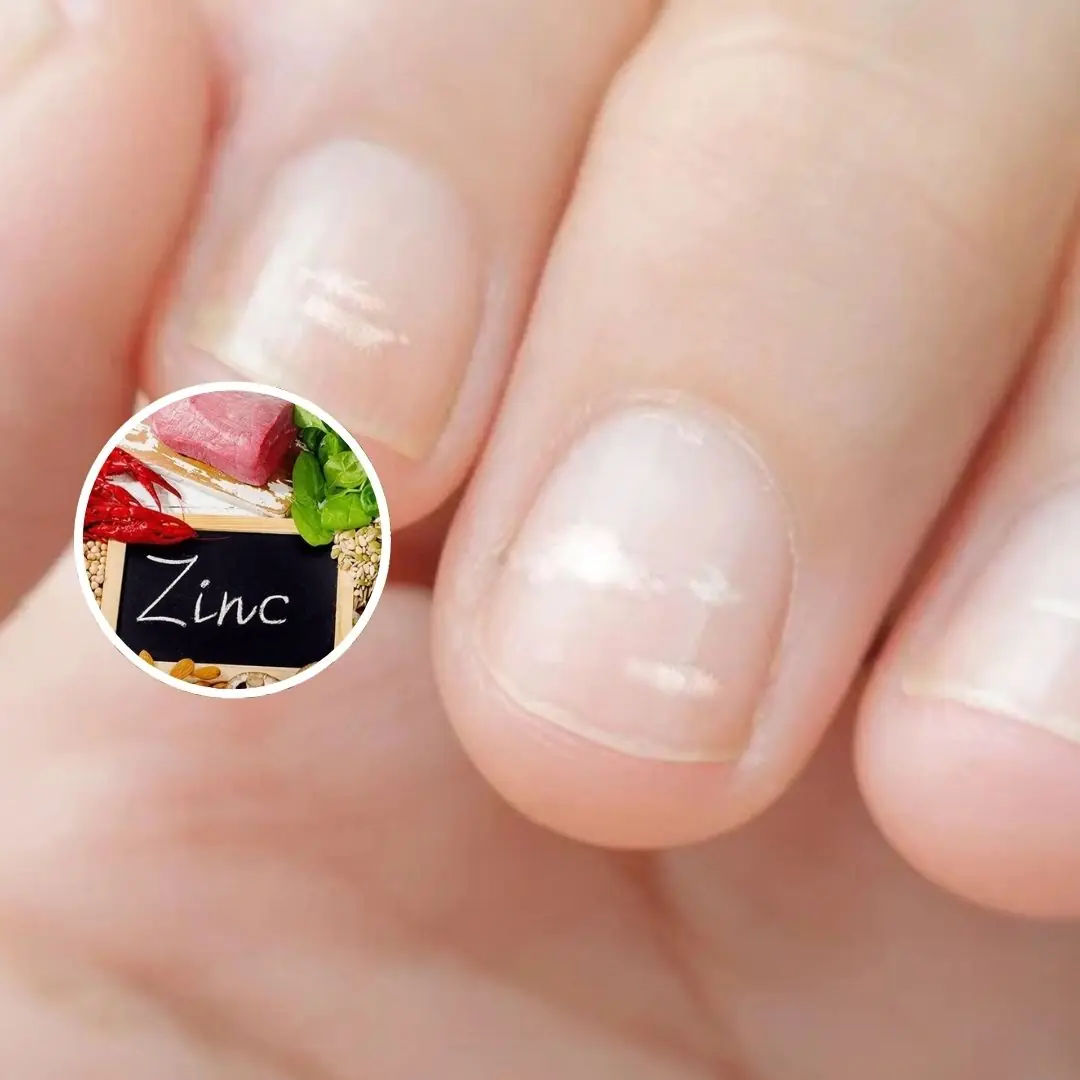
Your Body Might Be Low on Zinc — Here Are 6 Signs to Watch For
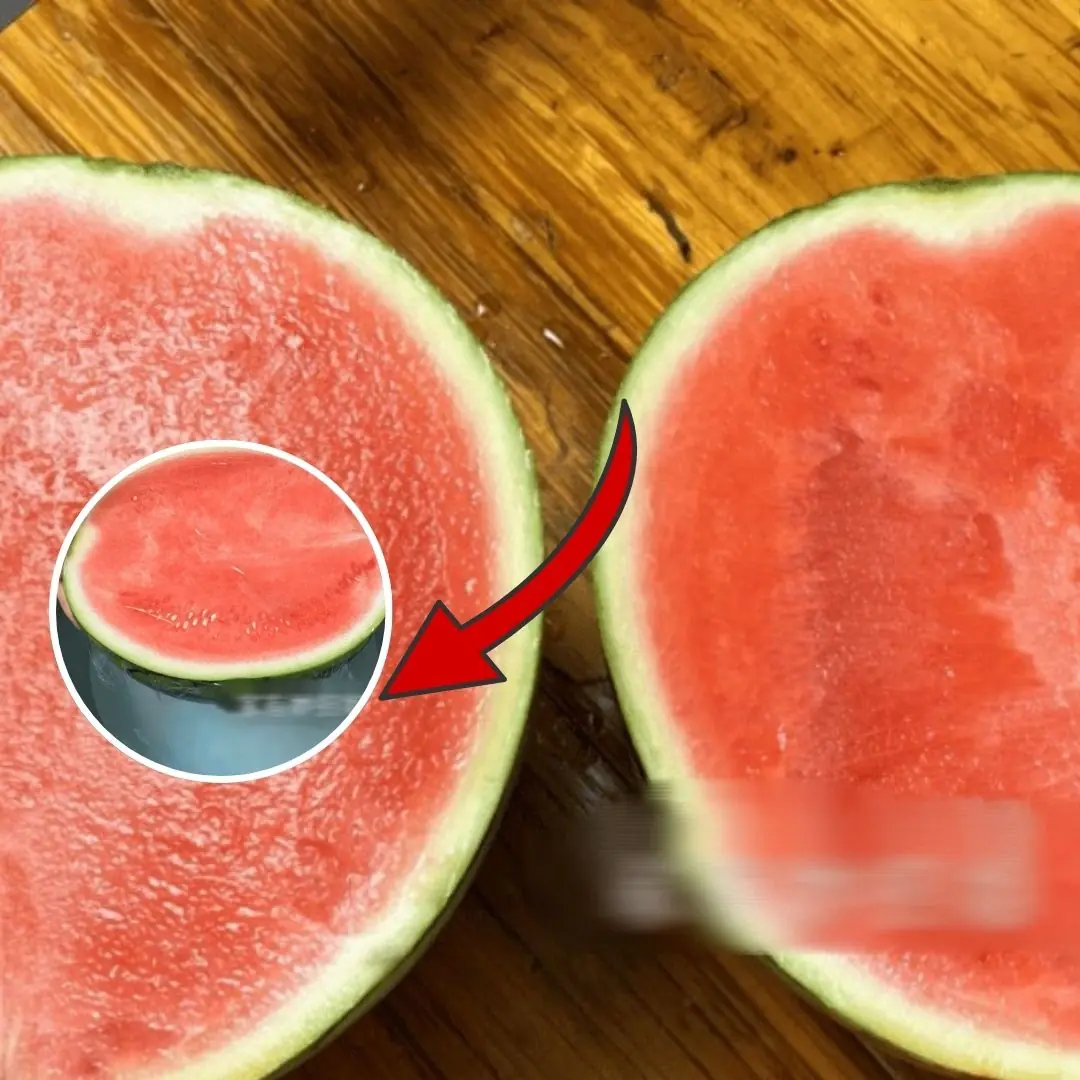
Leftover watermelon in the fridge is not necessarily safe – if not done properly, the risk of bacterial contamination is very high!

Woman gets brain infection after eating refrigerated watermelon

The Unpleasant Truth: 5 Familiar Items That You Think Are Clean But Are NOT, The Dirtiest Is Number 4 That Everyone Uses
